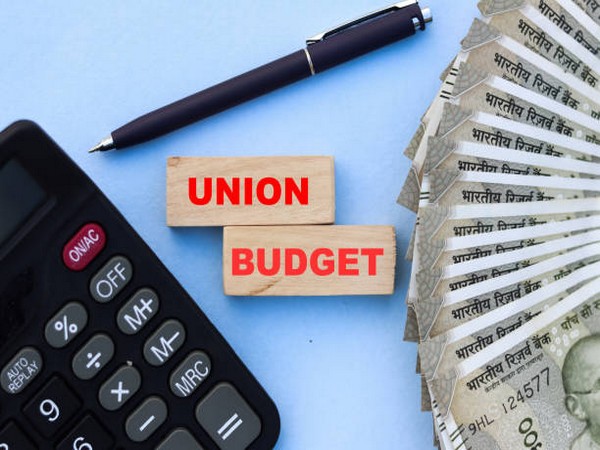
Washington: Ahead of the Budget for 2024-25, the US-India Tax Forum has suggested the government to bring parity in tax payable by domestic and foreign players in multiple sectors.
This, dedicated Tax Policy Forum of the US-India Strategic Partnership Forum (USISPF), has submitted to the government that it would ensure a level playing field in sectors like banking, where foreign banks' branches pay high taxes in India.
The Tax Forum was officially launched on February 25, 2020.
Acknowledging the global developments around the minimum tax deal, the Tax Forum has highlighted the inherent need to rationalize corporate tax rates.
The US-India Tax Forum has submitted its recommendations on tax amendments for the Union Budget 2024-25, to be presented by the Union Minister for Finance and Corporate Affairs, Nirmala Sitharaman, on July 23.
The US-India Tax Forum has around 350 member companies and is a leading platform that allows Indian policymakers, global tax experts, and the business community to engage and advocate for a tax environment that is conducive to making India an attractive investment destination.
The Tax Forum said it was recently invited to present industry recommendations on Union Budget 2024-25 at the Ministry of Finance.
The forum's recommendations focus largely on advocating for a stable and predictable tax environment, which it said is extremely imperative to boost investment sentiment across sectors.
An investment-led growth strategy is essential to support India's economy. To achieve this, measures are needed to enhance the ease of doing business, rationalize the cost of doing business, and simplify tax rates and tariffs, it asserted.
The simplification of the withholding tax regime is among the top asks of the Tax Forum. With increased adoption of technology and use of data analytics, the scope of Tax Deducted at Source (TDS) and Tax Collection at Source (TCS) provisions needs to be rationalized, it said.
Tarun Bajaj, Chairperson of US-India Tax Forum and former Revenue Secretary, Government of India, said, "The ensuing budget of the government is expected to build on the reforms previously implemented. It is expected to introduce targeted reforms in direct taxes and customs policies, aimed at enhancing India's economic partnerships globally."
Bajaj said that the industry should anticipate measures to streamline corporate tax structures and transactions, incentivize investments, and simplify customs procedures to facilitate smoother trade flows.
"These initiatives are crucial for fostering a conducive business environment and strengthening bilateral economic ties, ensuring mutual prosperity and competitiveness in the global market. Additionally, they will further build on the ease of doing business for industries in India," Bajaj said.
USISPF President and CEO, Dr. Mukesh Aghi said, multinational corporations anticipate Budget 2024-25 to prioritize stable tax policies, robust infrastructure investments, innovative incentives, and sustainable development initiatives.
"Our recommendations are largely aligned towards these areas, seeking clarity and consistency in regulations," Aghi said.
Largely in the interest of inbound investments, the Tax Forum has suggested significant reforms in the capital gains tax structure, which it said is currently complex.
It said there is a need to bring parity among tax rates and holding periods for investments across equity, debt, and immovable property, which are currently quite fragmented.
This it said would lead to a simpler capital gains tax structure and reduce the compliance burden.
Under indirect taxes, the Tax Forum's recommendations are largely centered on the rationalization of custom duty rates on specific products. As India seeks to capitalize on the China plus one strategy, it is imperative that the import of critical supply chain components is made cost-effective and the process of bringing goods into the country is streamlined.
"Customs duty relaxations on the import of supplies which strengthen domestic capabilities are the need of the hour, which will not only improve domestic efficiencies but also add to India's competitiveness," said the Forum.
The interim budget, tabled on February 1, took care of the financial needs of the intervening period until a government was formed after the Lok Sabha polls, after which a full budget was supposed to be presented by the new government in July.
With this upcoming Budget Presentation on July 23, Sitharaman will surpass the record set by former Prime Minister Morarji Desai, who as finance minister, presented five annual budgets and one interim budget between 1959 and 1964. Sitharaman's upcoming Budget speech would be her sixth.
The government last Saturday announced the dates of the budget session of Parliament which will start on July 22 and conclude on August 12.